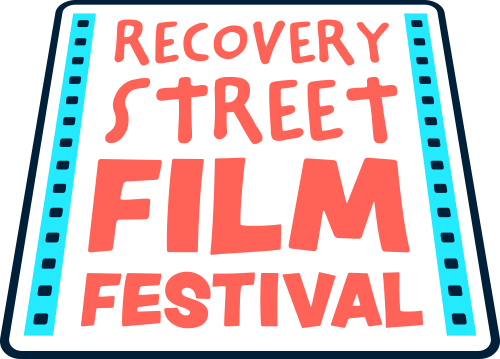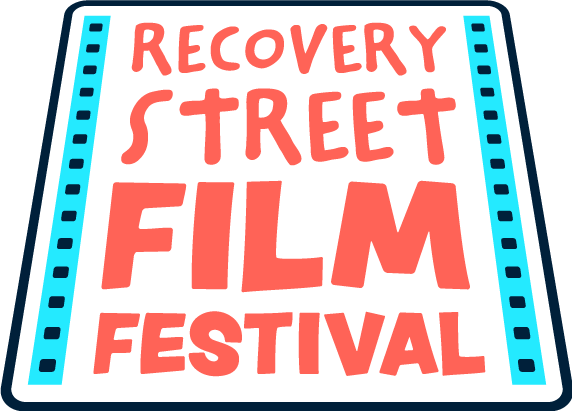Submissions open for fourth Recovery Street Film Festival
The Recovery Street Film Festival, which encourages people to submit three-minute films conveying their experience of drug and alcohol addiction, has officially launched for the fourth consecutive year.
This year’s competition theme ‘Making up for lost time’ is encouraging people to give an honest and personal account in an innovative way. This could be thinking about something that you wish you had said, regrets that you would undo or 24 hours that changed your life. The organisers hope that this year amateur film makers will use their storytelling to help others see the world through their eyes, or even learn from their experiences.
Once submissions are closed the films will be shortlisted and a winner selected. The shortlisted films are shown at various locations across the UK throughout September, the official month of recovery, and on the Recovery Street Film Festival website in order to raise awareness of recovery and address stigma.
The festival aims to empower people affected by addiction by giving them a voice and an opportunity to tell their own stories of recovery, whilst challenging stereotypes of what an ‘addict’ is like.
Martine Bell of HMP Wymott, whose film ‘Hope Inside’ won the competition in 2016, said: ‘Film makers are being encouraged to think creatively about how they tell their stories. The festival is all about reducing stigma around addiction and empowering people in the process. Creativity and content, rather than high production value, are most important – a low budget doesn’t mean a bad film!’
HRH The Duchess of Cambridge attended an event in November 2016 where she met the founders, representatives of the organising charities, and the film-makers from the past 3 years. The Duchess said: ‘The stories told by the film makers in the Recovery Street Film Festival play a real part in helping to break the stigma of addiction. These inspirational short films highlight the complexity of living with addiction, whether it is the film-makers’ own experience, or exploring the impact it has had on their families. But above all, they serve as an inspiration to those who have yet to start their journey to recovery, showing that there is a life after addiction, and even when people have hit rock bottom, they can truly turn their lives around.’
In 2015, a total of 3,674 people died from drug poisoning in England and Wales. Drug-related deaths are currently at the highest ever level. The aim of the Recovery Street Film Festival, therefore, is to break down stigma by opening up conversations and to show what recovery can look like.
Film submissions are open until Friday 4th August 2017. To submit your film, visit the Recovery Street Film Festival website: http://www.recoverystreetfilmfestival.co.uk/.


